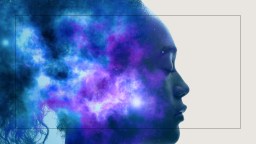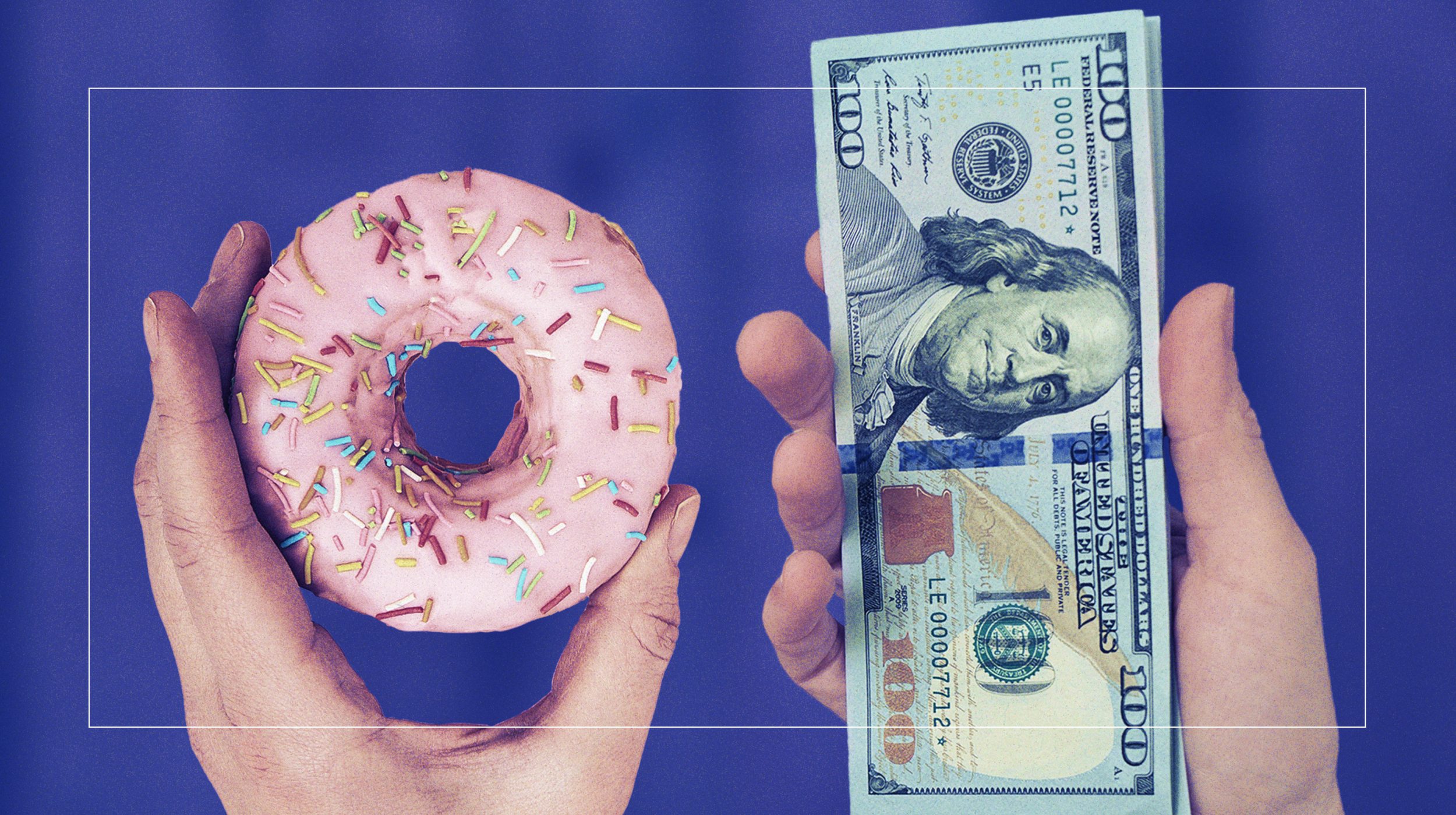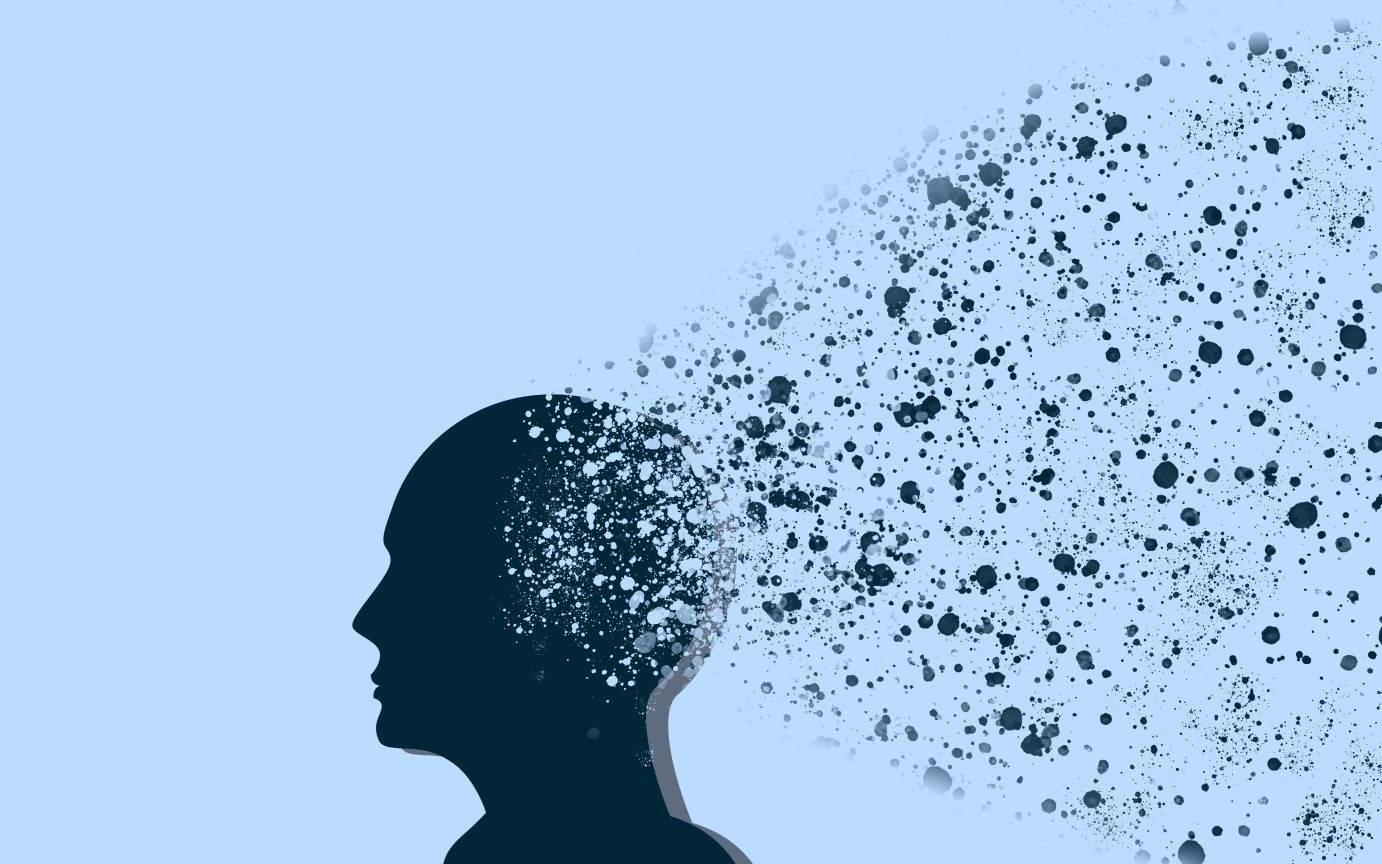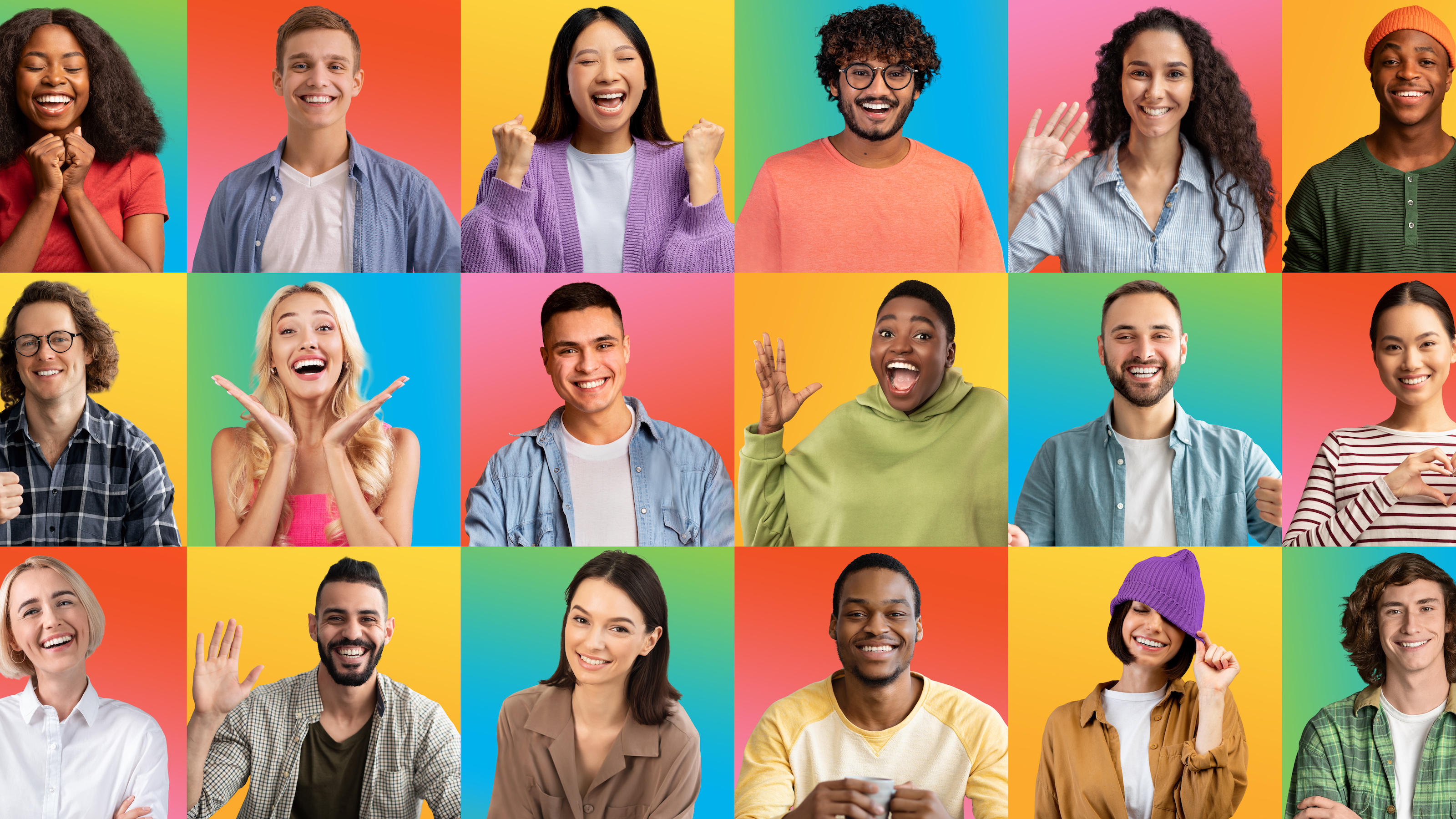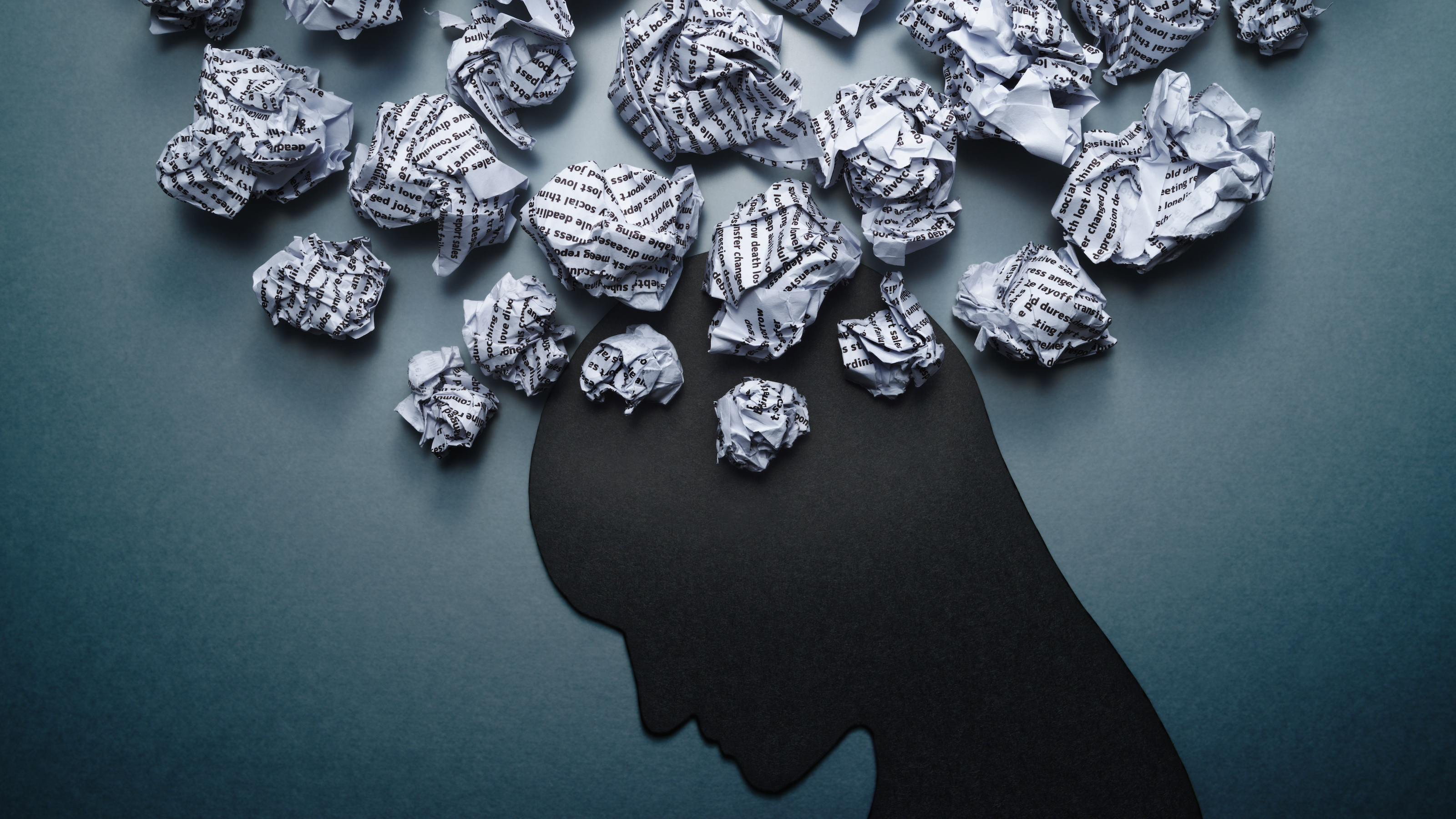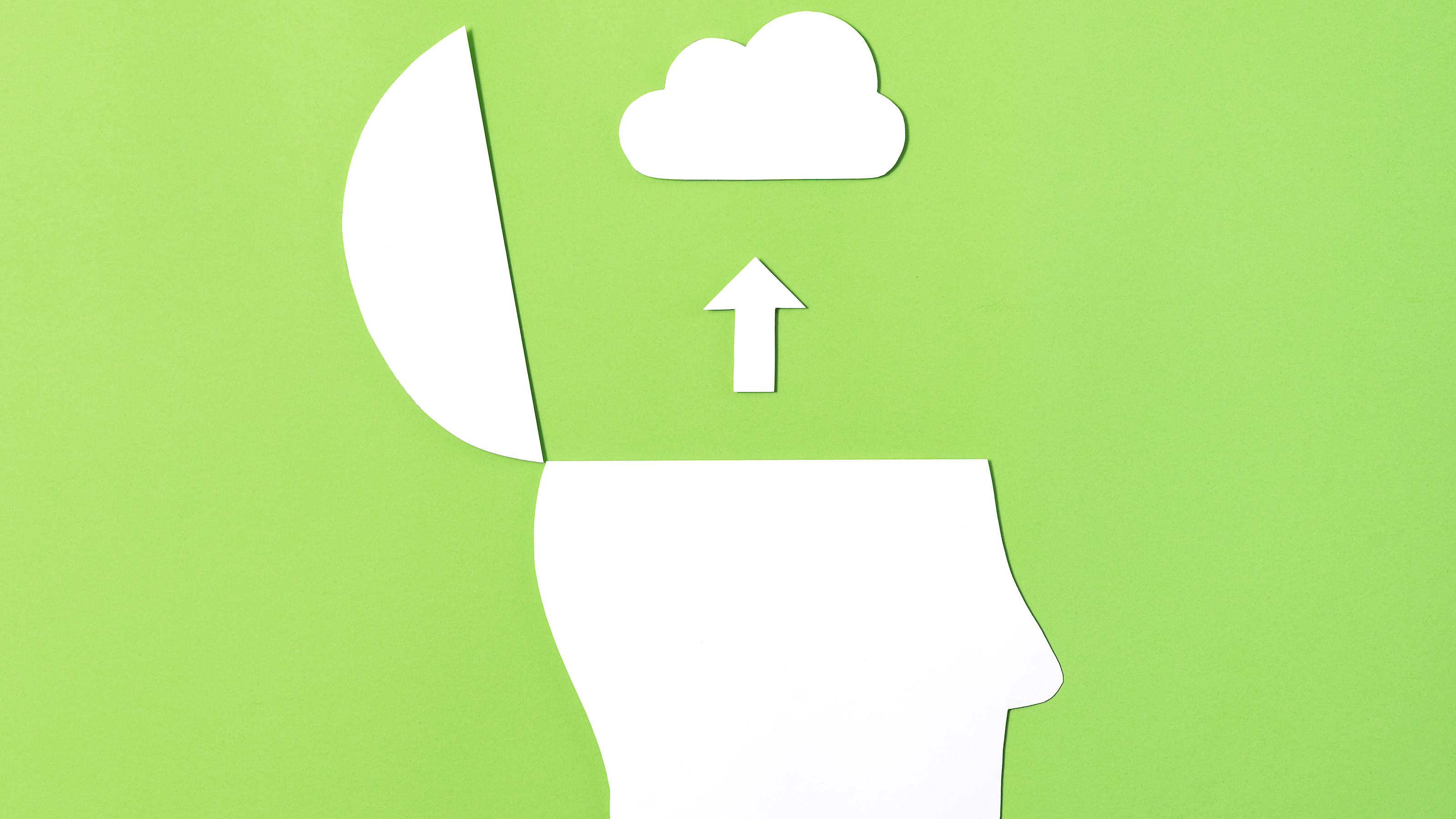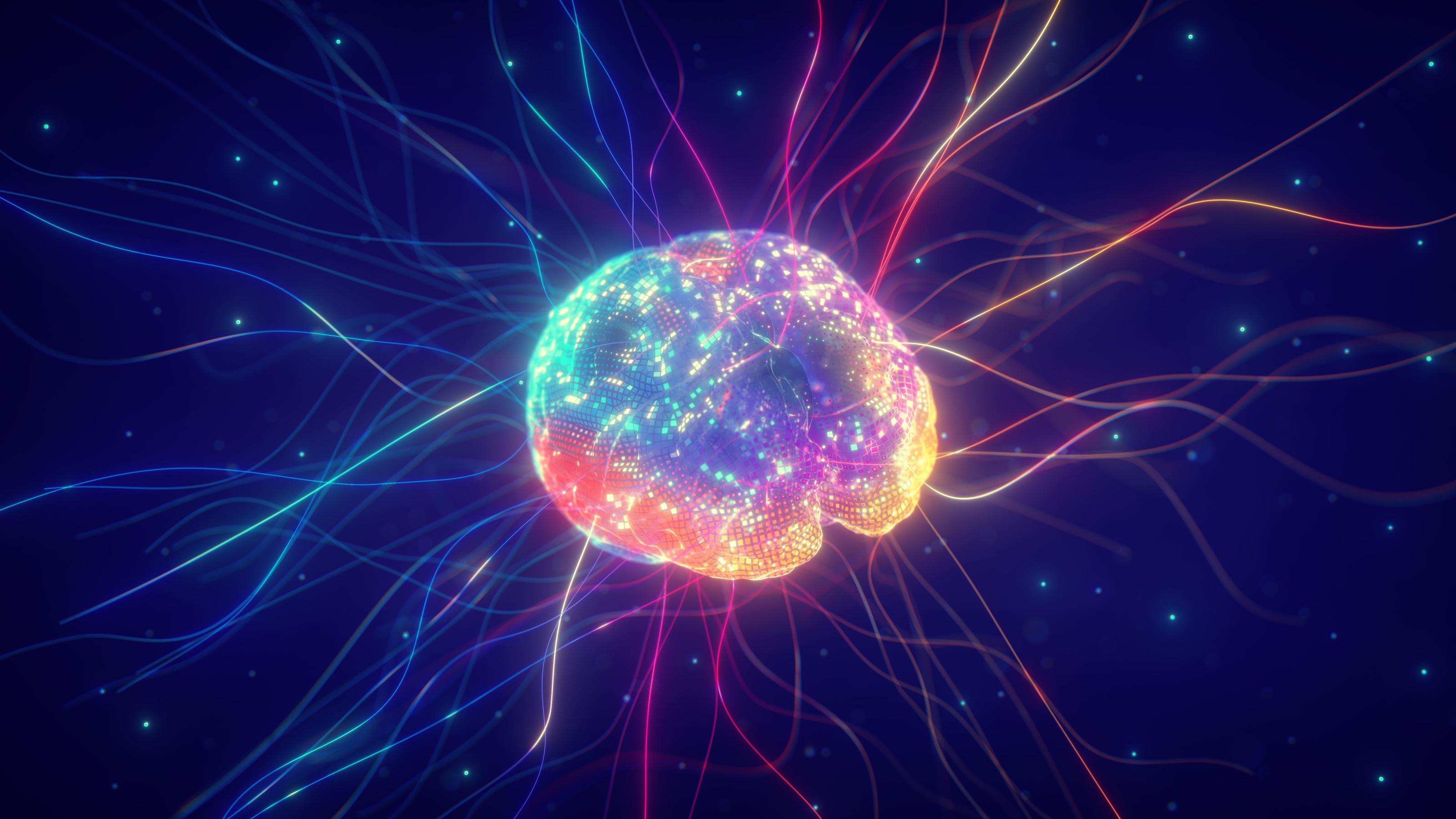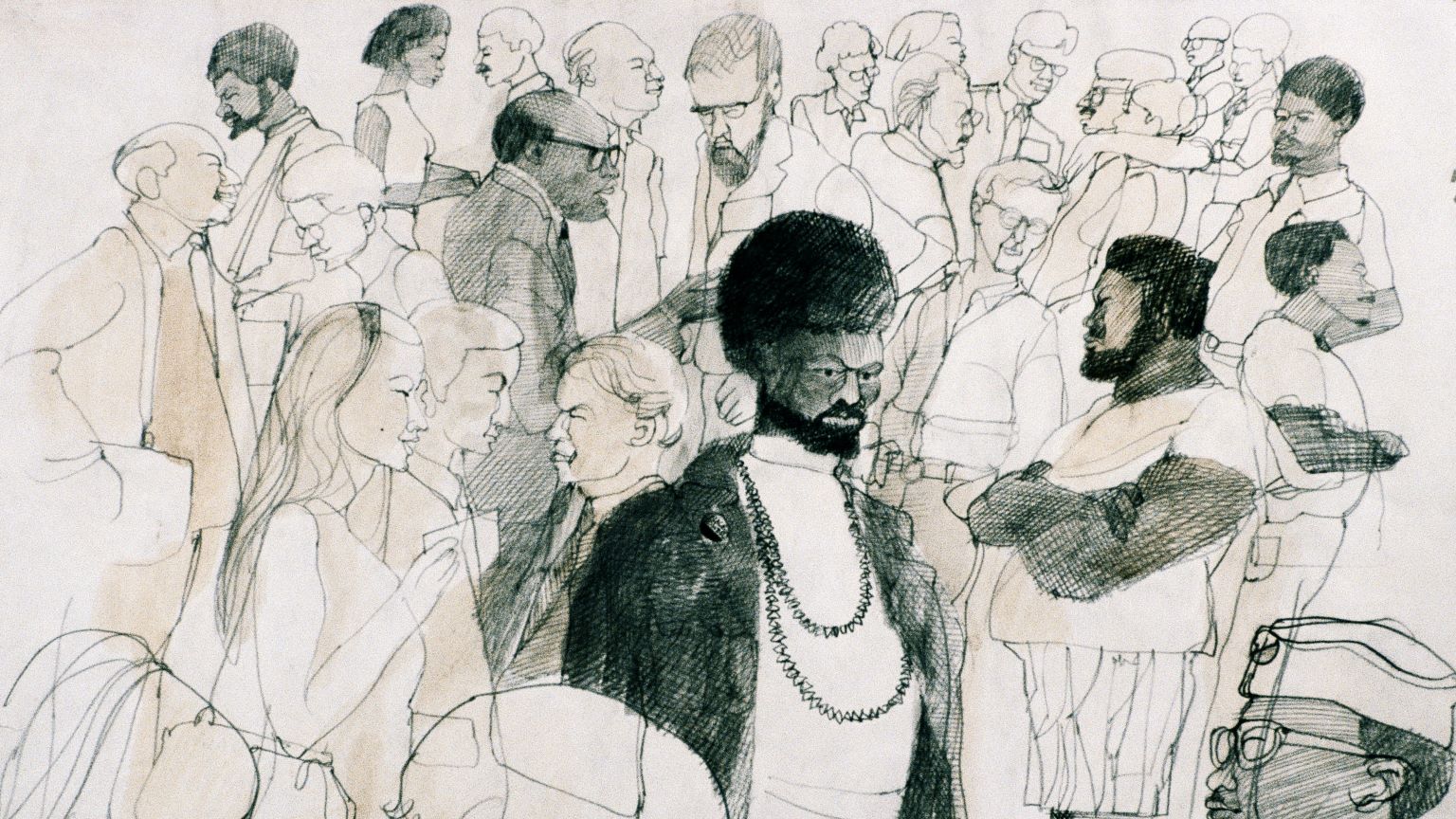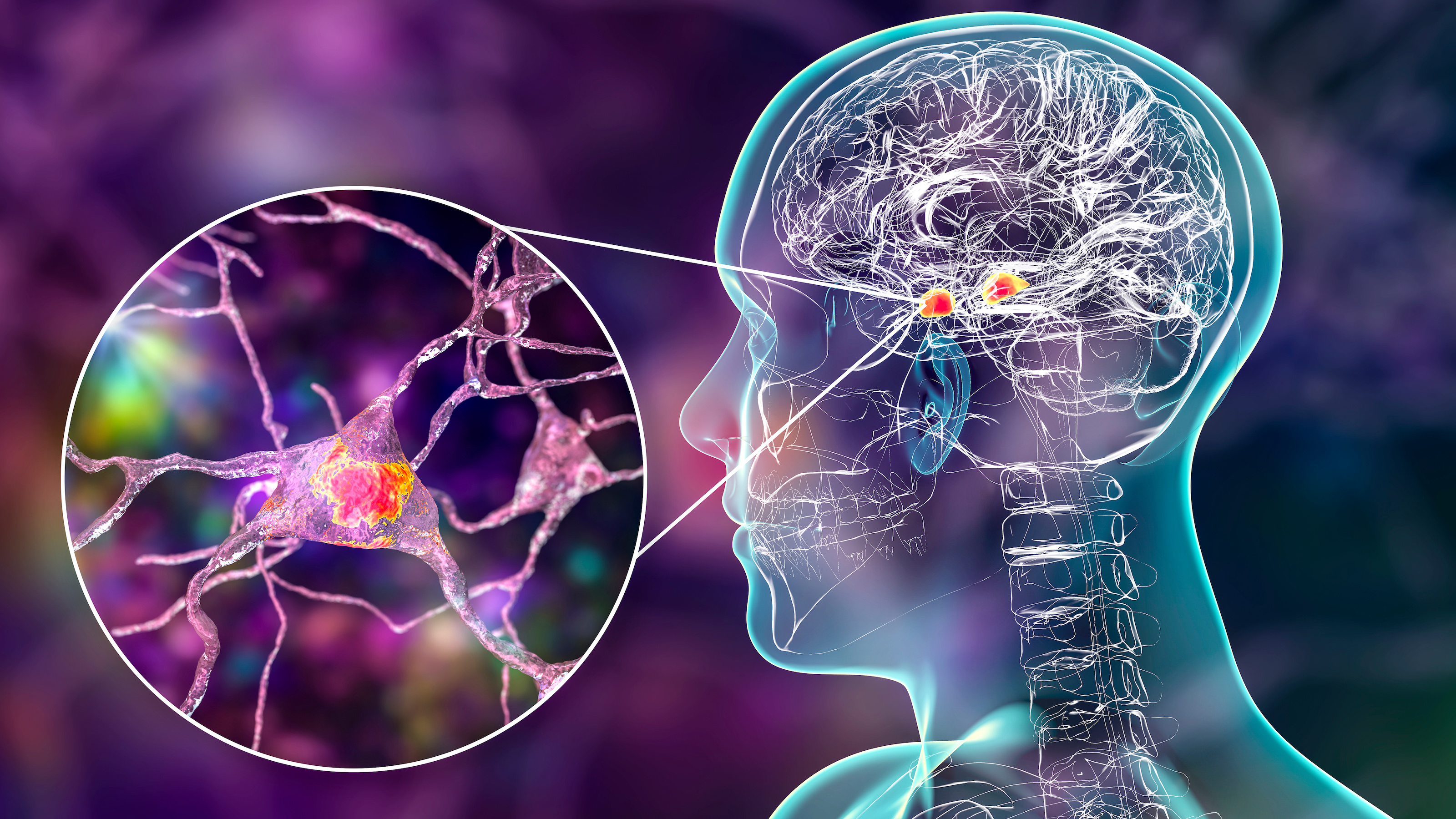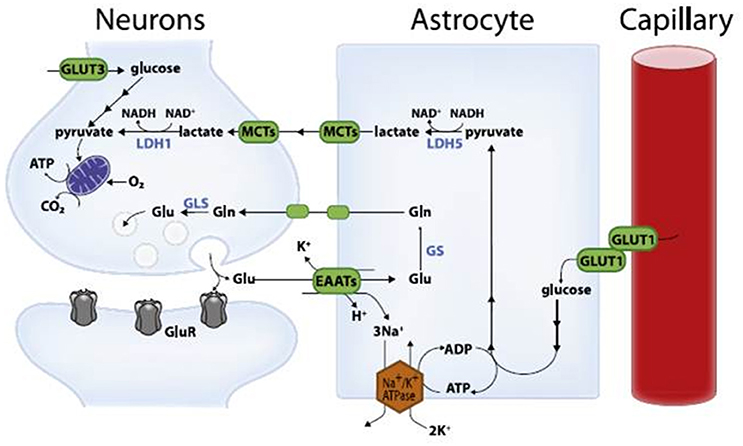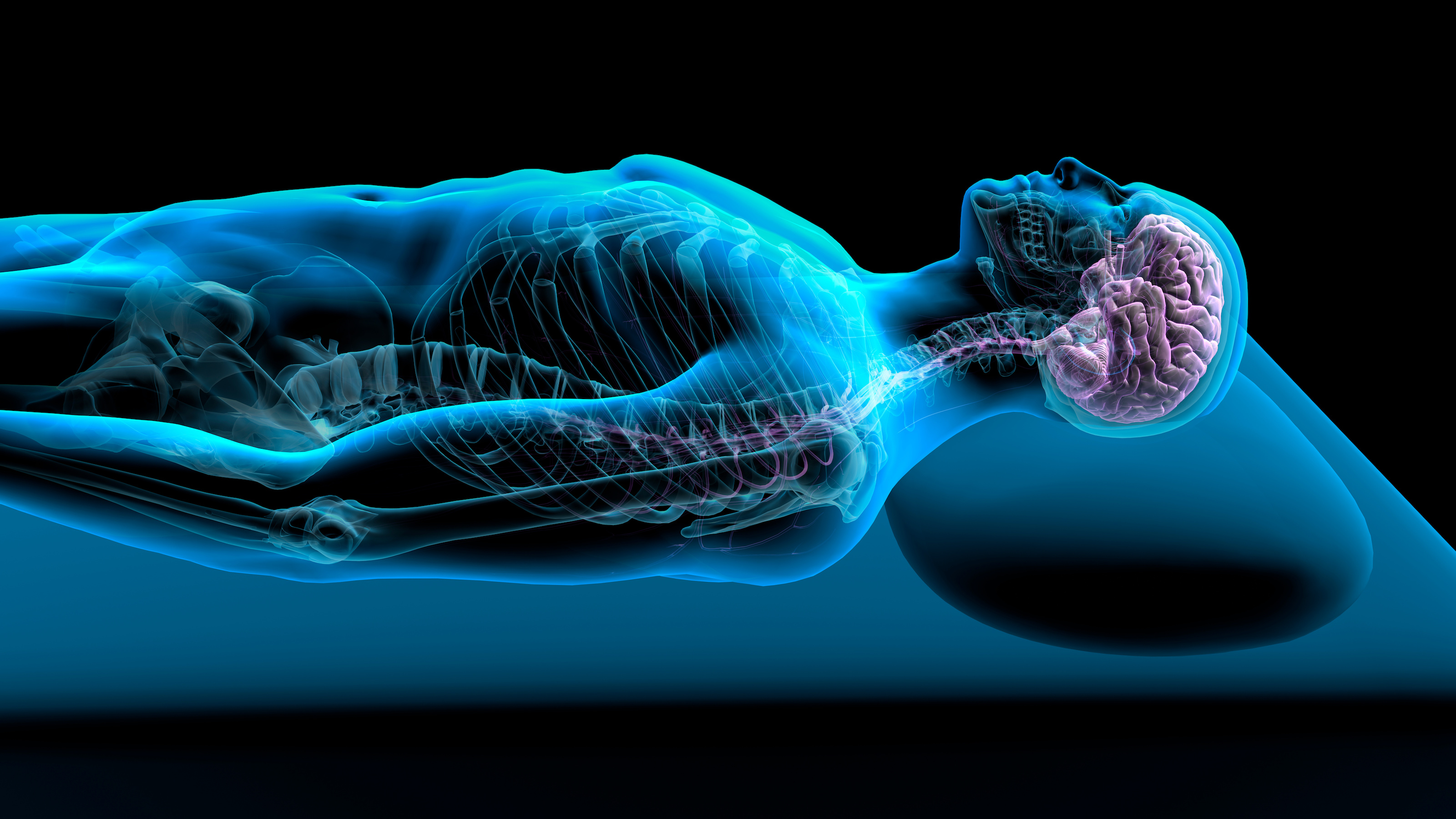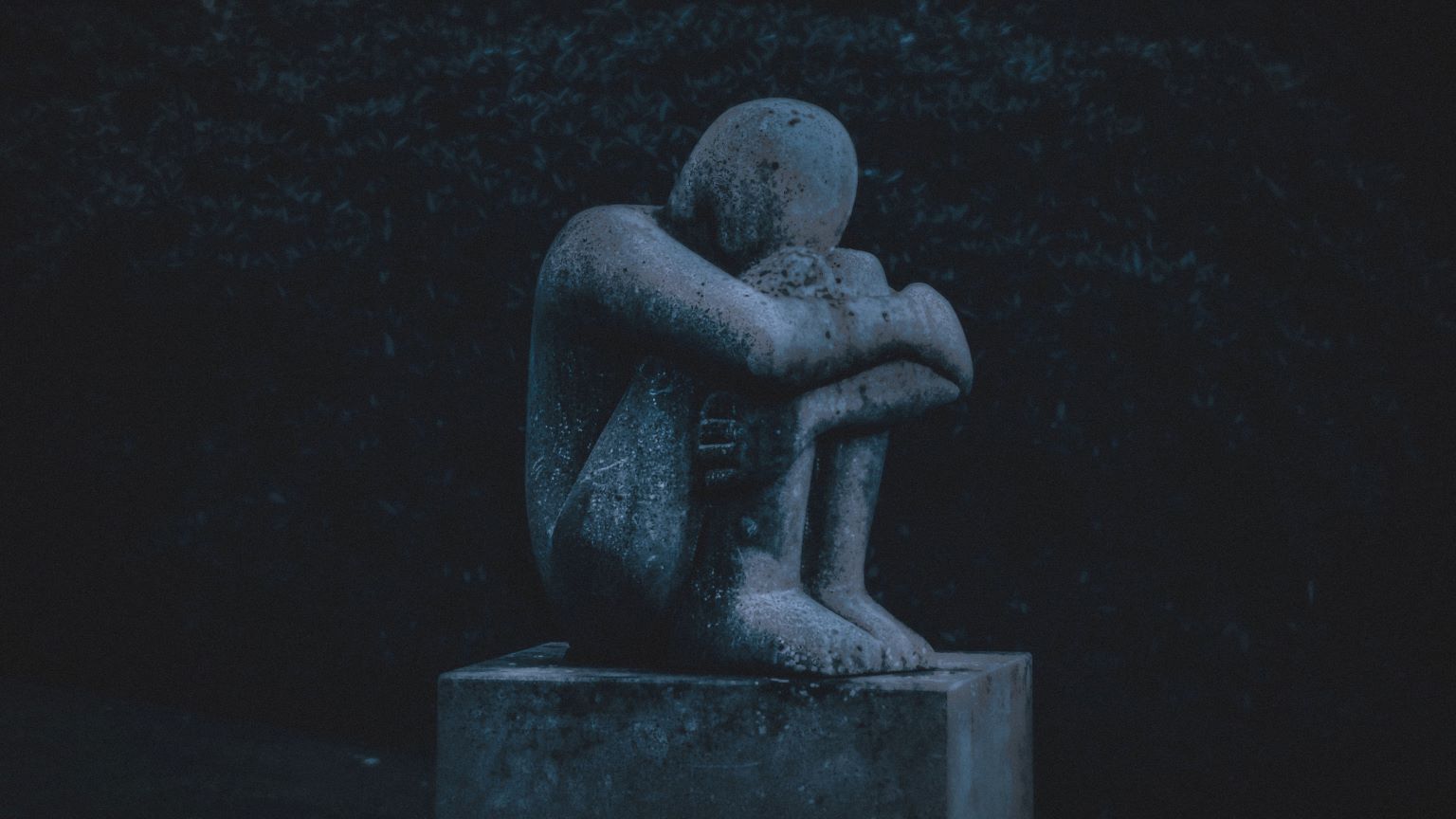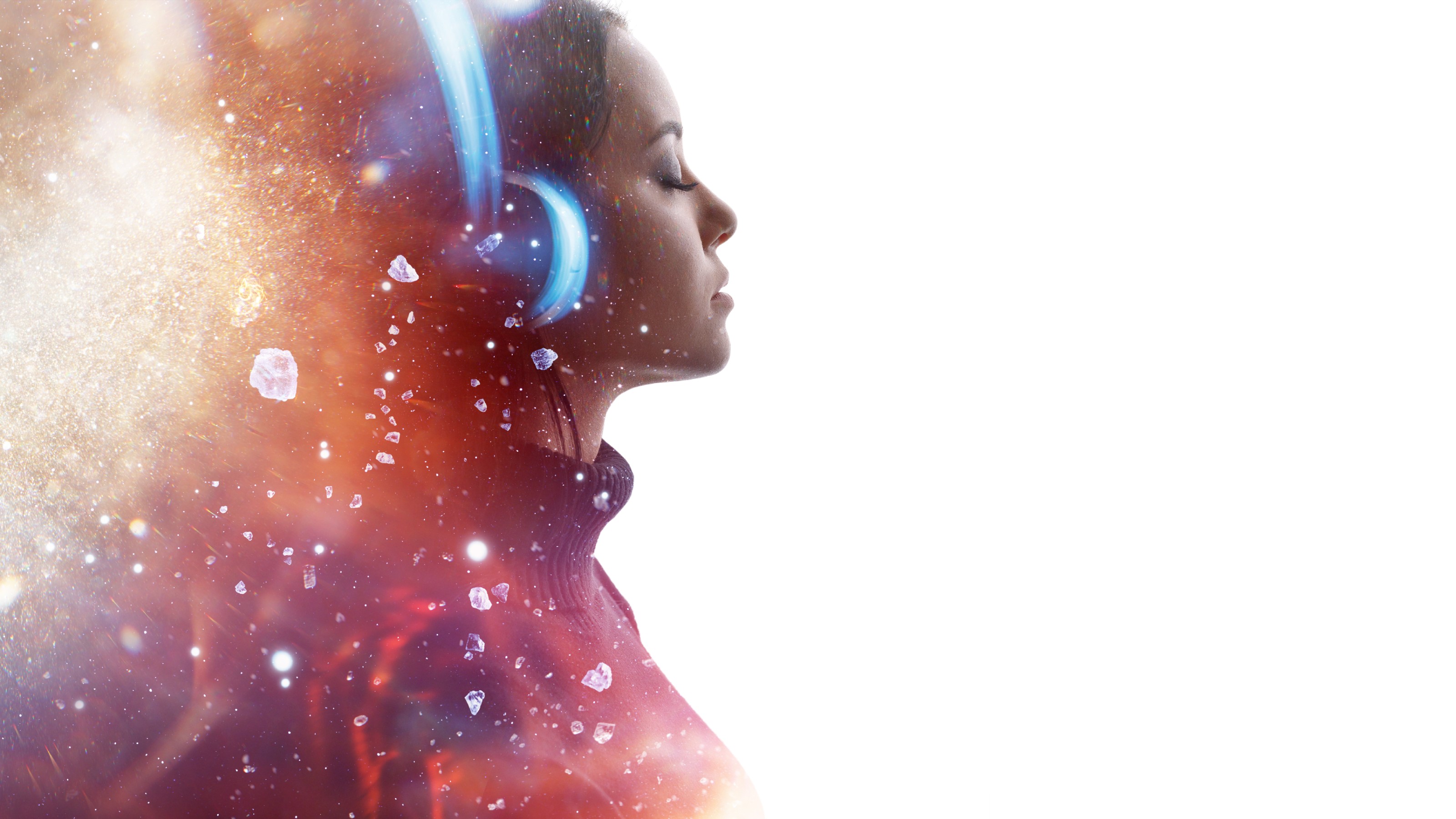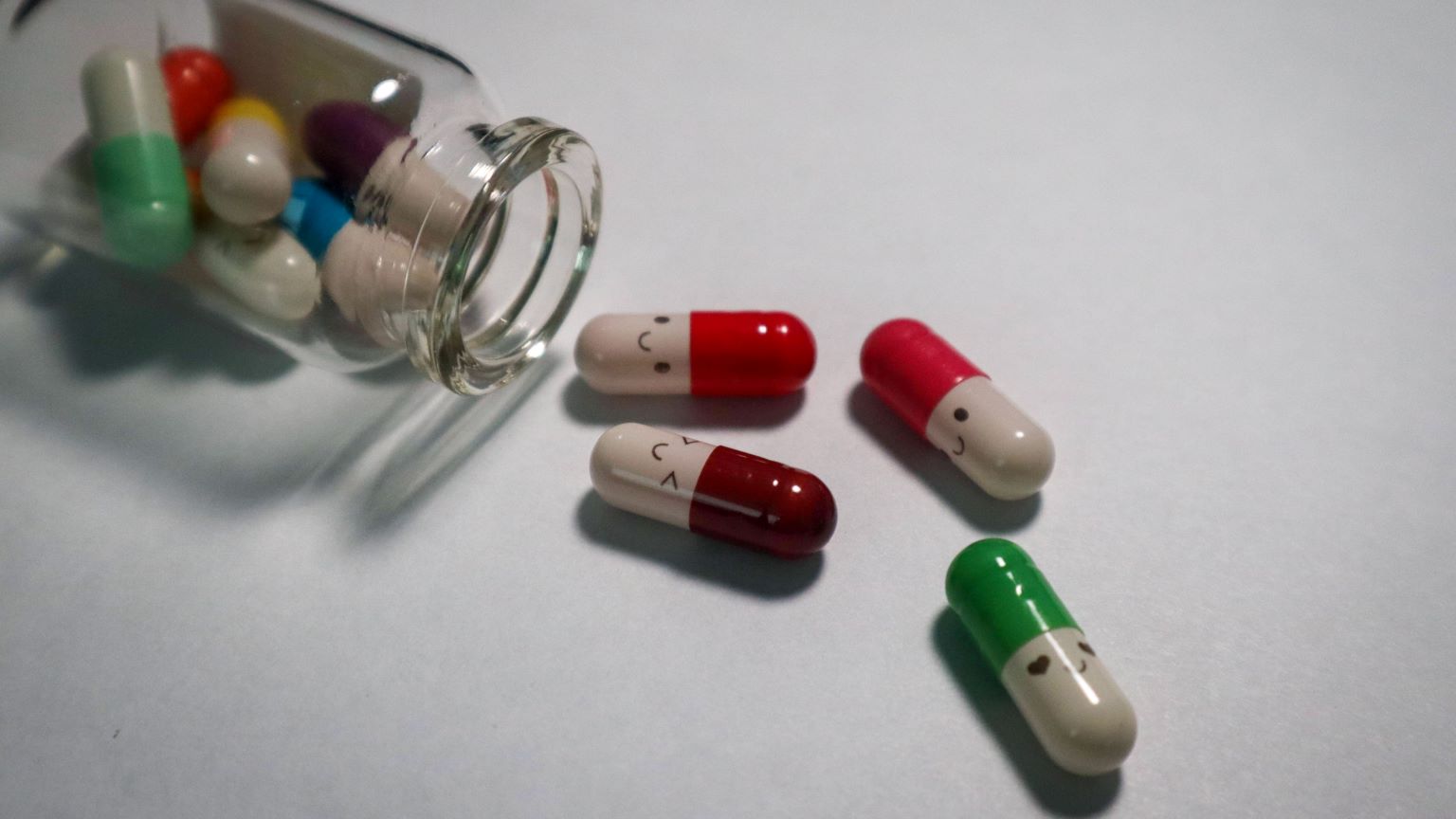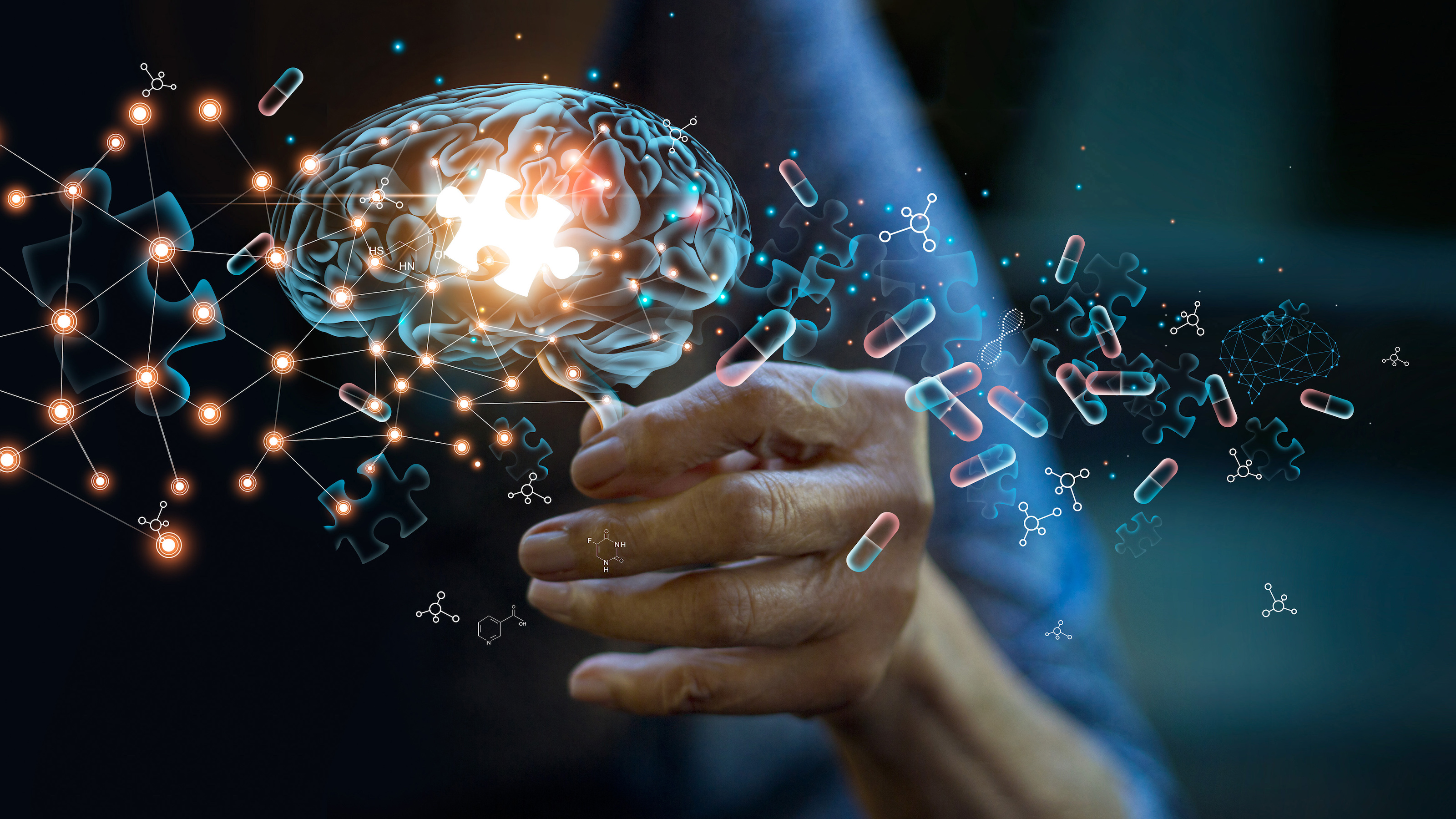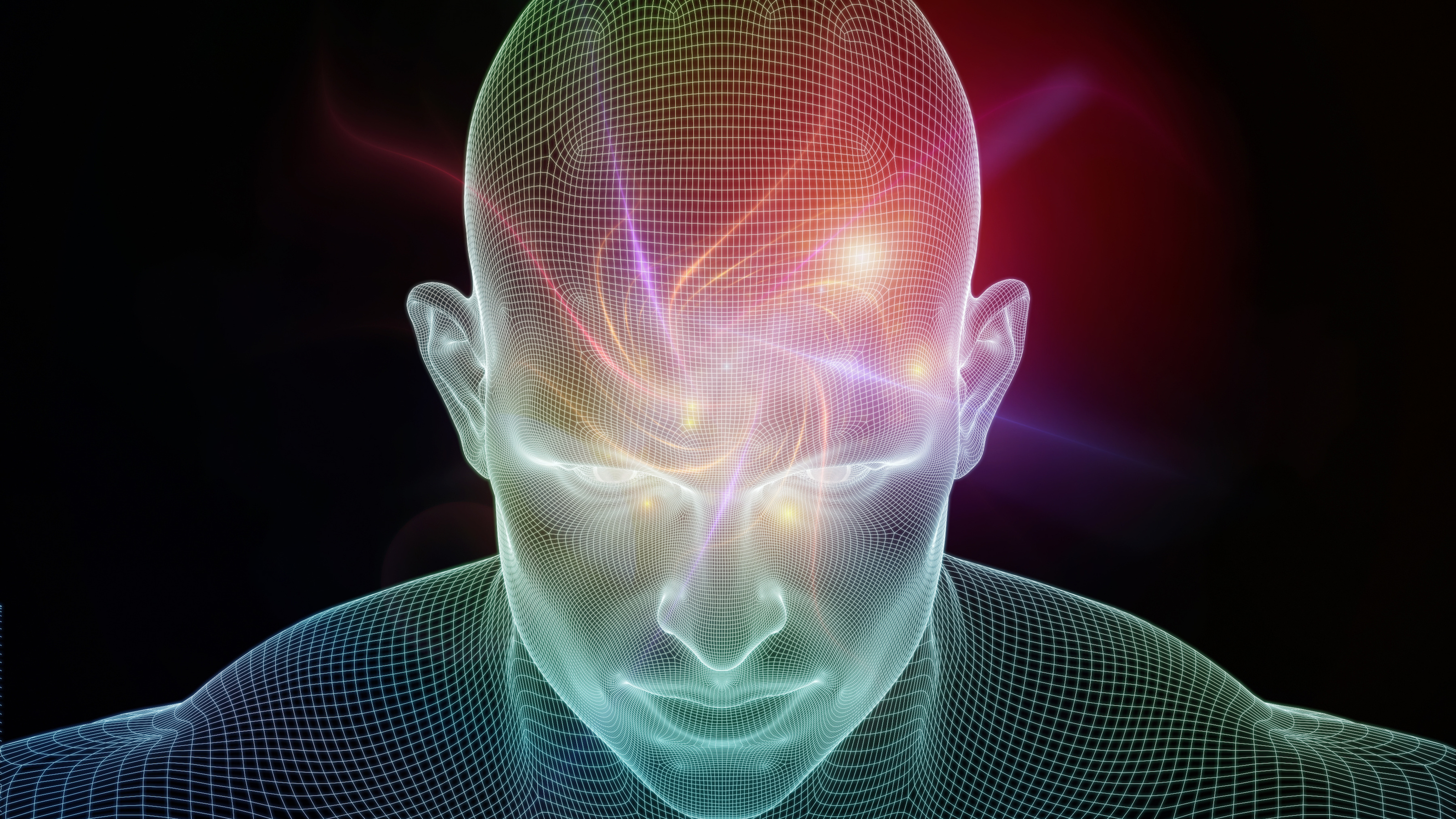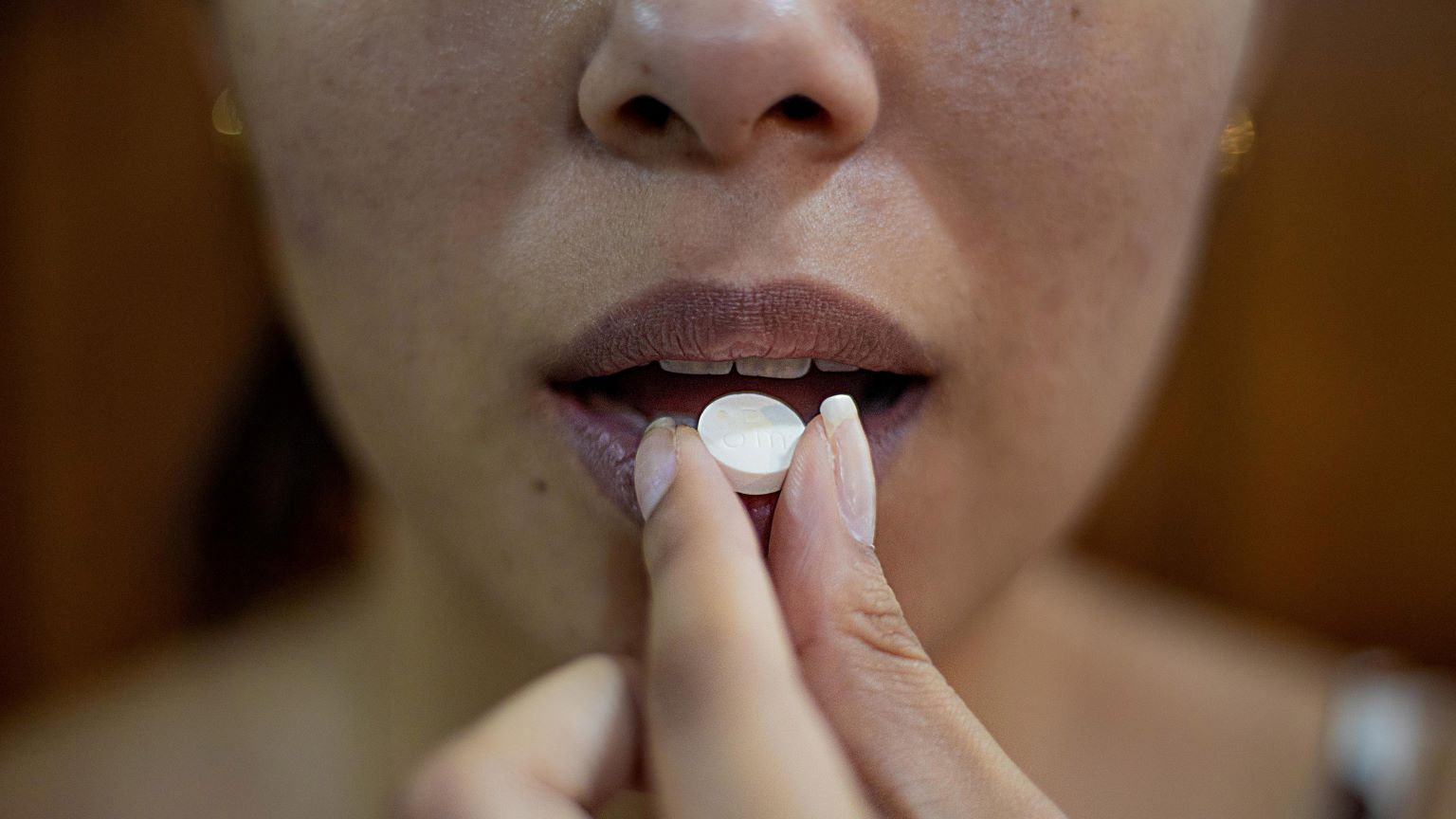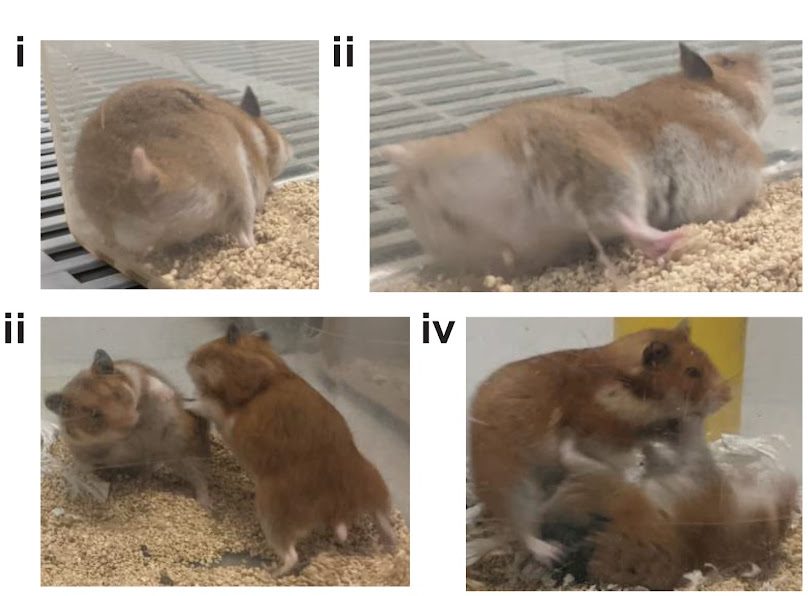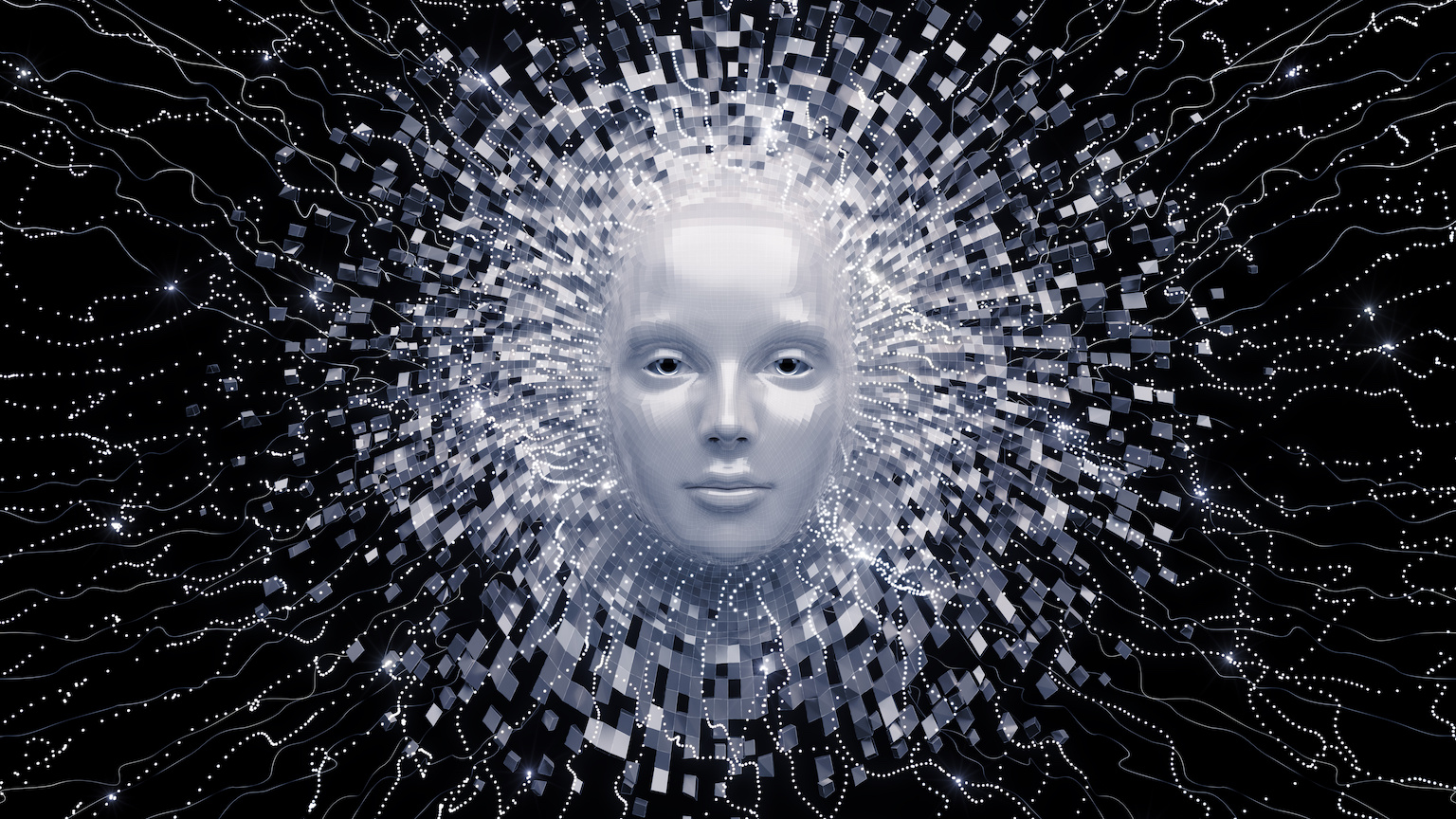neuroscience
When we feel sick, it’s not just the pathogen to blame. Our brain cranks up the temperature, and the neurons responsible finally have been found.
What creates our private, inner universes is still a mystery.
Enlightenment is a traditionally mystical and slippery concept, but when it is subjected to the rigors of empirical analysis, there is a lot to be learned about our brains and ourselves.
▸
10 min
—
with
The brain is highly plastic — the more we do a particular action, the more we change its makeup. Money is a great motivator for habit-forming actions.
But don’t buy your own brain zapping machine, yet.
Alzheimer’s disease is frightening, but the right combination of lifestyle choices can reduce your risk.
A clever neuroscience experiment shows that the “other-race effect” is likely due to a lack of experience and perceptual expertise rather than racism.
Cognitive fatigue results from thinking too hard and long. Neuroscientists now believe they know why this occurs.
You open an app and start scrolling, then suddenly it’s an hour later. Sound familiar?
Uploading your mind is not a pathway to immortality. Instead, it will create a possibly hostile digital doppelgänger.
Long thought incapable of regenerating, we now know that brain cells can grow and reorganize. That, it turns out, is a mixed blessing.
Your subjective experience might not end the moment your heart stops, research on near-death experiences suggests.
When you imitate the speech of others, there’s a thin line between whether it’s a social asset or faux pas.
Patients with amygdala damage rejected the widely accepted answer to the infamous “trolley problem,” saying that it “hurts too much.”
Turning off a gene called “Myc” has a surprising effect in male fruit flies: They start courting other males.
For over three decades, toxic proteins were believed to cause Alzheimer’s disease. However, recent studies suggest it might be metabolic reprogramming.
It might be good for your memory.
In the 1980s, some wardens started painting their cells with a shade of pink dubbed “Baker-Miller Pink.”
It’s estimated that one-in-three women and one-in-five men have an episode of major depression by the age of 65.
Music and sounds only seem to reduce pain in mice when played at a specific volume.
the human brain remains highly responsive to sound during sleep, but it does not receive feedback from higher order areas — sort of like an orchestra with “the conductor missing.”
The serotonin theory of depression started to be widely promoted in the 1990s, coinciding with a push to prescribe more SSRIs.
Noradrenaline-targeting drugs, including blood pressure, depression, and ADHD meds, improve Alzheimer’s disease symptoms.
A new finding that unconsciously processed images are distributed to higher-order brain networks requires the revision of a popular theory of consciousness.
From ibuprofen to fentanyl, it’s about meeting the pain where it’s at.
There is no long-term beneficial effect of medication on standardized test scores.
Does memory start to work only at a certain age?
Your eyes are playing tricks on you.
For 40 years, scientists thought a specific gene was linked to aggression in hamsters. Removing it, however, had violent consequences.
The engineer working on Google’s AI, called LaMDA, suffers from what we could call Michelangelo Syndrome. Scientists must beware hubris.


